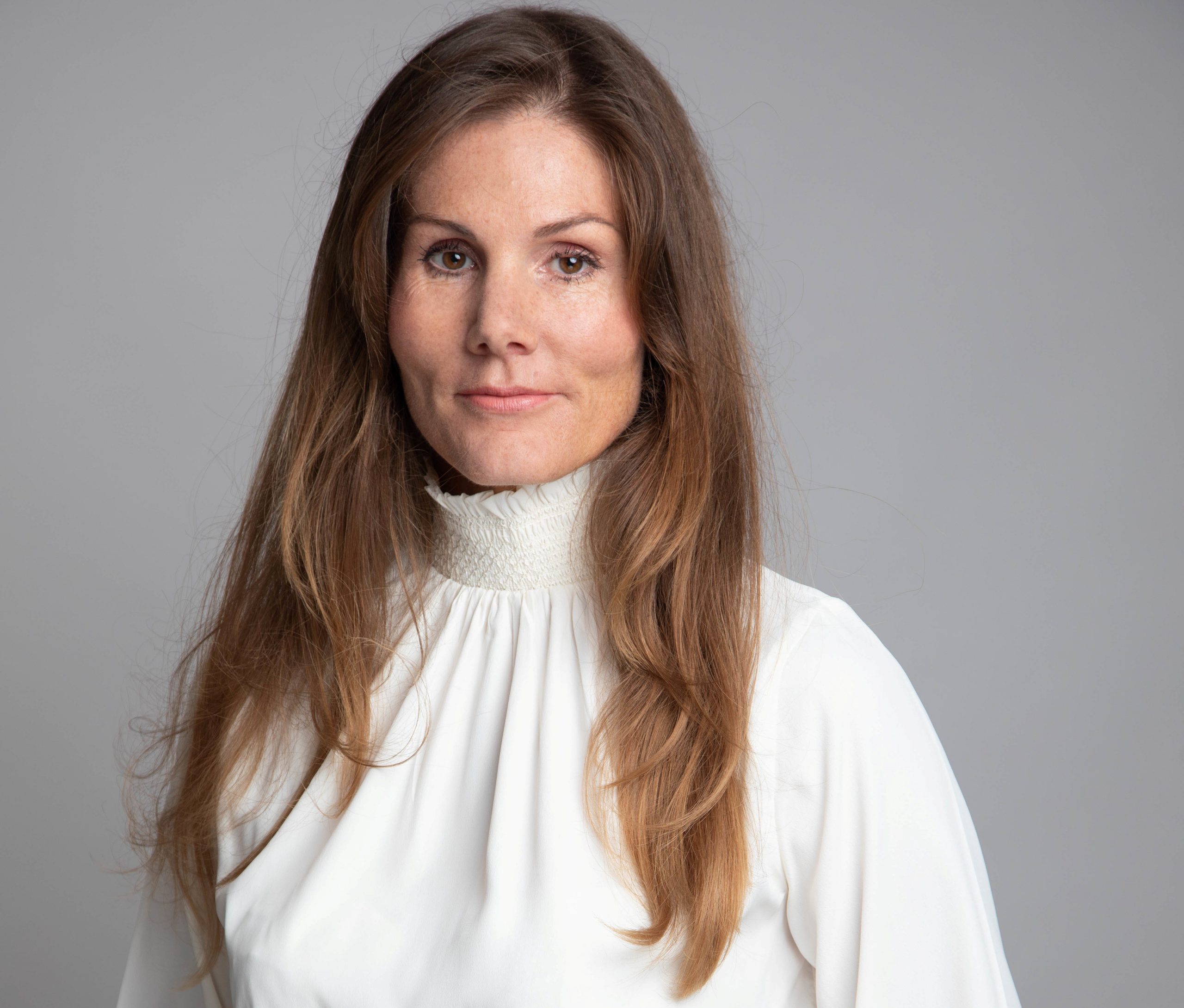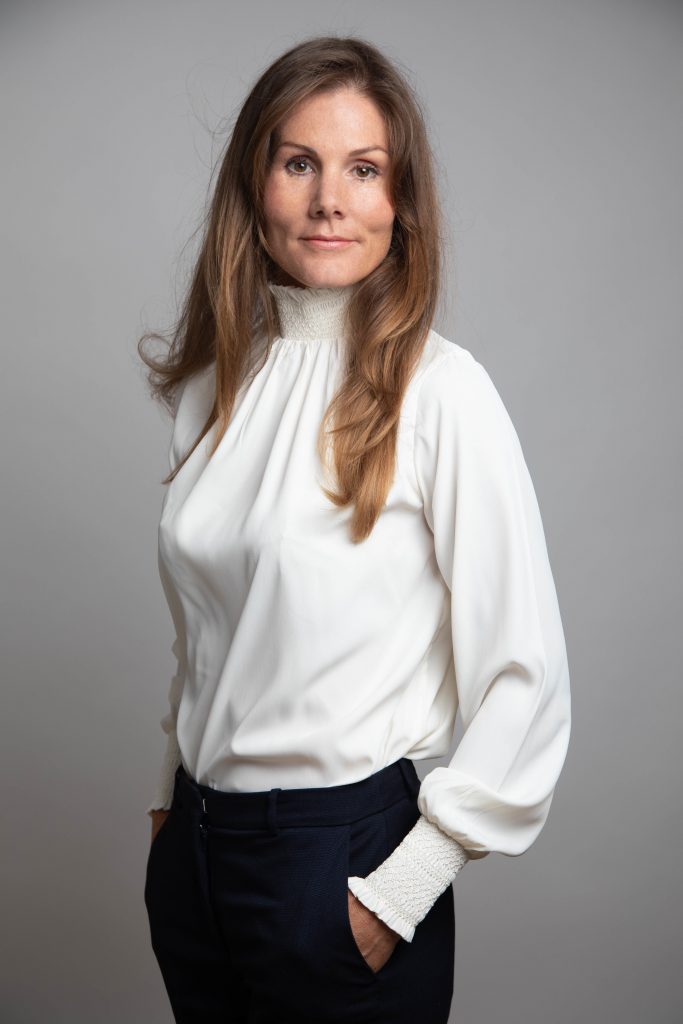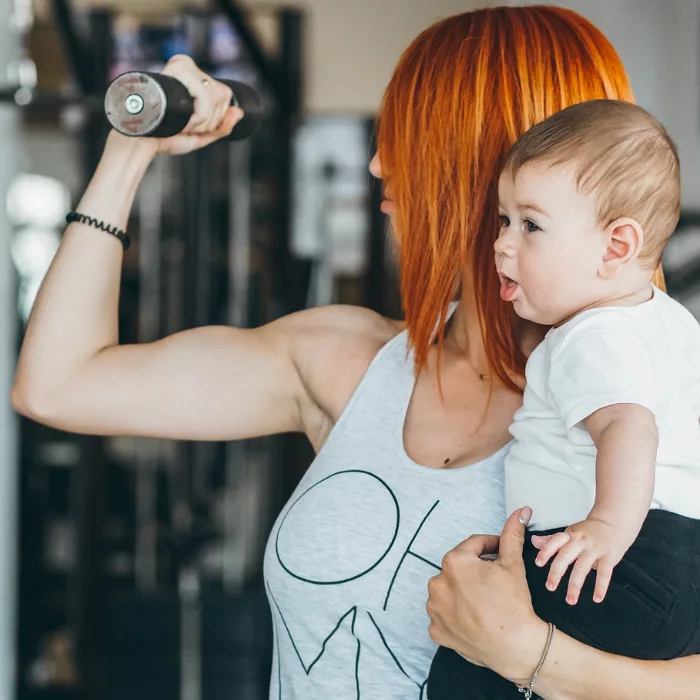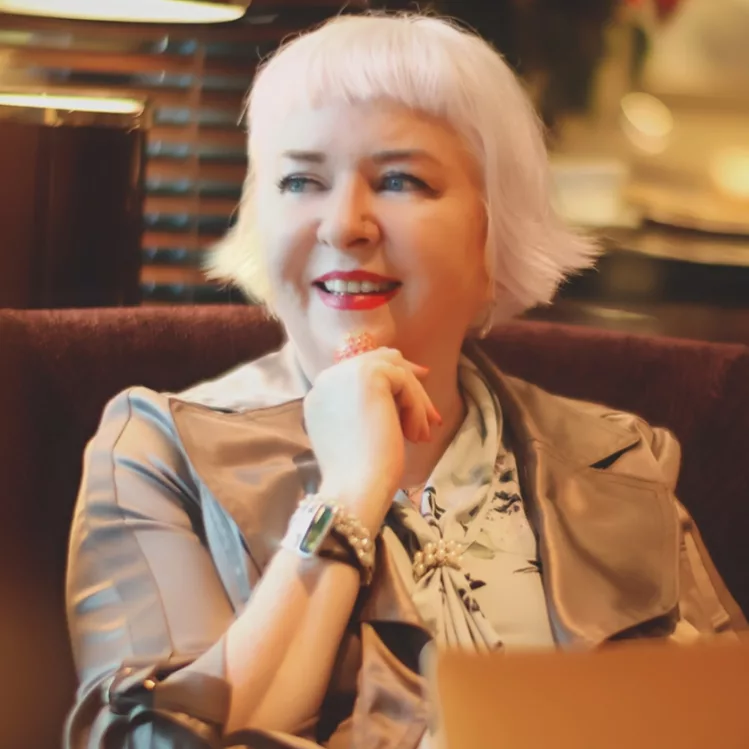
Anne Beetham: My challenges as the mother of a son with disabilities and my success in business
Anne is a super-mom who has faced some difficult challenges in her life especially after finding out about her son’s illness.But she is someone who never gives up. With a suitcase in hand and with hope burning in her heart she has travelled the world seeking a doctor, a cure and a hope for her son. Anne is a super-mom because, beyond all the commitment as a mother, she has also managed to start a business of her own and turn it into a success. Anne is also a super-mom because she knows how to take care of herself, doesn’t leave herself unattended and appreciates and loves herself as a woman and a mother.
Anne, what’s your secret of how to cope with unexpected situations such as knowing that your child is dealing with a disability?
My answer is in two parts…
- During hospital:
During the time Thibault was hospitalised my physical strength was my grounding superpower that I could not have done without. When I look back, I am honestly not really sure how I did it but somehow my body carried me though. All my years of strength conditioning meant that I was physically strong enough to carry a pram, a backpack and a child on frequent occasions from Paris to London on the Eurostar, up and down many stairs. I also had enough physical endurance to enable me to do many of those trips back-to-back and often for long hours. My body was so strong that I never got injured or suffered a sore back, which is amazing given the physical and emotional stress I was under at the time.
My body also has a strong immune system and as a family we never got sick. I attribute this to my love of using garlic, onions and plenty of ‘outside time’ as a solution for everything! Thibault never missed a surgery appointment and there were so many surgeries that I stopped counting. During the hardest years he was a baby, then a toddler and now a boy.He now has an amazing immune system too.
2) Dealing with a disability:
When I reflect back on how I dealt with having a child with a disability it is all about how I fell back on my physical strength. Over time, I have really learnt to take my physical strength and connect to it in order to give me emotional strength. But that does not mean that I don’t have ‘down’ days where something sets me off and I need to cry or accept feeling sad. Now I know that it’s a feeling that will pass, just like sore muscles do.And afterwards you feel even stronger.
This was actually a hard process for me to understand – that I needed to express emotion, sadness, anger, frustration and jealousy. I learnt it through a process of reflective training. For example, after a hard session I might have sore legs. But sore muscles pass and they do not define you as a ‘person with sore leg muscles’ for the rest of your life! In reality it’s your body telling you that you exercised a little too hard and now it’s time for some rest and special care. It’s the same with emotions; I feel sad that my son does not see as well as others at times so I allow myself to feel that emotion, acknowledge it, and then look at the great things that are happening.And when the emotion is ready, it passes. But these things do not define me.
How did your situation impact your family? And how did you deal with that as a mother, wife and, on top of that, having a full-time job?
After Thibault was first diagnosed,he had his first bout of treatment in Singapore.Then we moved to France where he was treated briefly before we began to get him treated at Moorfields in London. During this time there was no space for me to be able to work. We were extremely lucky that I didn’t need to work which meant I could put all my care into Thibault.
The situation puts a massive impact on a marriage. In fact, only 1 in 10 marriages survive this kind of situation. My husband and I had the odds really stacked against us and we were expats as well. Furthermore, at the start of Thibault’ streatment we moved to France, so I had moved away from my community and had a new language to learn in order to integrate.
You learn very quickly that the role of a caregiver as an expat in a new country is lonely and really hard. We had no choice but to depend on each other. We had some close calls too – but now we truly know that when the universe has put us in a bad place, we can truly depend on each other to carry us through.
Through this massive testing period I realised that the best person to make an impact on the family dynamic was me. I believed that I could not only accept reality, but I could also thrive on it, and that would filter down through the family. It was at this point that I began to work again. Admittedly, it was a rocky start with a couple of wrong moves, but nonetheless,it was also a great experience and learning curve. I realised that I would never take a full time job again. I just couldn’t leave my children because it was simply not in my nature but it did cause me some internal disturbance. Finally, I made the decision that I wanted to help other mothers of sick children –‘Caring for the Career’ as a friend called it. And that is how my“HerCoreStrength”business was born.
When problems develop into medical emergencies, parents can be called upon to make significant decisions. What would be your advice in that respect?
The absolute must, especially for mothers, is to trust your gut no matter what. Do not let anyone, a professional or any other person tell you that ‘you don’t know’, or that ‘it’s something minor’ when your gut is screaming “no, there’s something wrong”. Far too many times we read stories where a mother has not been believed and yet she has later been proved right and the consequences have not been good.
Go the extra mile and find a specialist who respects you as a mother, and don’t be afraid to demand that respect. You will soon become the expert about your child and their health.And this goes for parents of children who are “normal” too. No matter what, you are their prime advocate. If necessary, step outside into a quiet space and connect with your internal intuition. It will guide you and you will have the answer.
What should parents do to deal with the helpless and uncertain?
The external factors are really beyond our control and we cannot change that, no matter how hard we try. Nor is there always a reason for it, no matter how hard we search, and trust me I went down this rabbit hole! It is what it is, and this is why I love the work of Bryon Katie simply called“The Work”. She says there are three types of business –‘yours’, ‘another’s’ and ‘the universe’, (although others might want to put their god or belief in there too). This means there are certain things we just can’t change – because they belong to ‘God’ or the universe (for me personally it’s ‘mother nature’). But what we can change is how we react to circumstances. I am not perfect and I have my moments, but I work hard at my focus of not continually worrying about my son. I can honestly say I have rarely lost sleep over my son’s situation because, what outcome would that give me? I would be tired and cranky, not a nice person and probably not a good decision maker. Furthermore, a large percent of the time I was actually too tired to try and avoid sleeping!
As horrible as this is, we need to get comfortable with reality and that can be really hard.No-one is perfect and we all have our moments. Life sometimes is hard, unjust and unfair. But if we focus on that worldview then we are likely to be sad all the time. My son sees hardly anything, but he is very, very happy. He loves school and school loves him.He is very curious and wants to be an inventor. What more could I ask?
How important is it for you to support other mothers and parents and what is the key to success for a happy life and finding the energy to enjoy everyday life?
It is imperative for me to support other mothers, especially those of children with some form of illness. We women have this bad tendency to care for others first and ourselves last. We need to move ourselves up our own ‘to do’ list and, as Michelle Obama puts it, ‘fill our own cups first’.
For me, this means caring for our physical and emotional selves first, before we even try to take care of someone or something else. If we are sick, with a sore back, or rashes, or continuous colds, then how can we act and make good decisive decisions?
The next step is to cultivate a true deep acceptance of the situation and being very clear with yourself about what you can control – and what you cannot.

You have started a new journey in your life by inspiring others. From the time perspective what have you learned?
I really wish I had had someone there to tell me that the best resource was myself and that in order to rely on myself I had to take special care of myself. And that does not mean going for a massage! It means learning some key principles such as self-forgiveness, gratitude and the beautiful word “no”! Self-care allows us to see and accept the situation for what it really is and then gives us the confidence to be guided by our own intuition.
What would be your final message for parents trying to deal with the difficulties of their child.
When you are in these moments it feels like the world hates you and you tend to look outside of yourself and ask what you did to deserve this? It creates an internal emotional storm. However, just like the weather, storms come and go. Here in Auckland, we can have a massive thunderstorm, then,twenty minutes later, the sun shines and its hot outside! The storm does pass, and if we have a raincoat and an umbrella, then we may still get wet, but at least we won’t be soaked!
As a side note, this morning Thibault and I had an appointment with the retinal surgeon. We were told that Thibault would need to have yet another general anaesthesia in order to change the oil that is in his eye. As soon as we stepped out of the appointment, my seven-year-old son began to sob his eyes out. I picked him up and carried him out to the car. At aged 46 I believe I am lucky to be strong enough to do this. I sat him down and we cuddled and cried together for five minutes. I believe in never telling him ‘it’s going to be ok’ or that ‘it will all be over and done with soon’.Instead, I agree with him and tell him honestly it wasn’t what I was expecting and that I don’t want him to have surgery either.And I stop talking there.
We get in the car, he cuddles the dogs, and calls his dad who is still in France. His dad takes the same position as me and extends it by telling Thibault that he will check with the Surgeon in France (the original surgeon as we moved countries in between, during the pandemic), as we both understood this wouldn’t be needed. Furthermore, we assure him it’s not urgent and by doing that neither of us dismiss his feelings in any way.
We then drive back and chat about buying new shoes as his toes are over the end of his sandals. Thibault has a great school friend called Kristin and they happily go off to play with their friends at the play park. I then head home.
Having woken at 4.30am (recent daylight savings time change), I arrive home feeling a bit beaten. Although I am feeling positive – as I had journaled this morning about how great my day will be – I decide to change my focus and begin by having some hydration and nutrition. I am a big believer of simple food so it’s two pieces of toast with all the salads and vegetables I can find on it! Then I change and go out for a short run and challenge myself with a handstand workout – which I struggle to do by the way. But it totally refreshes me and enables me to sit and focus on writing my story!





